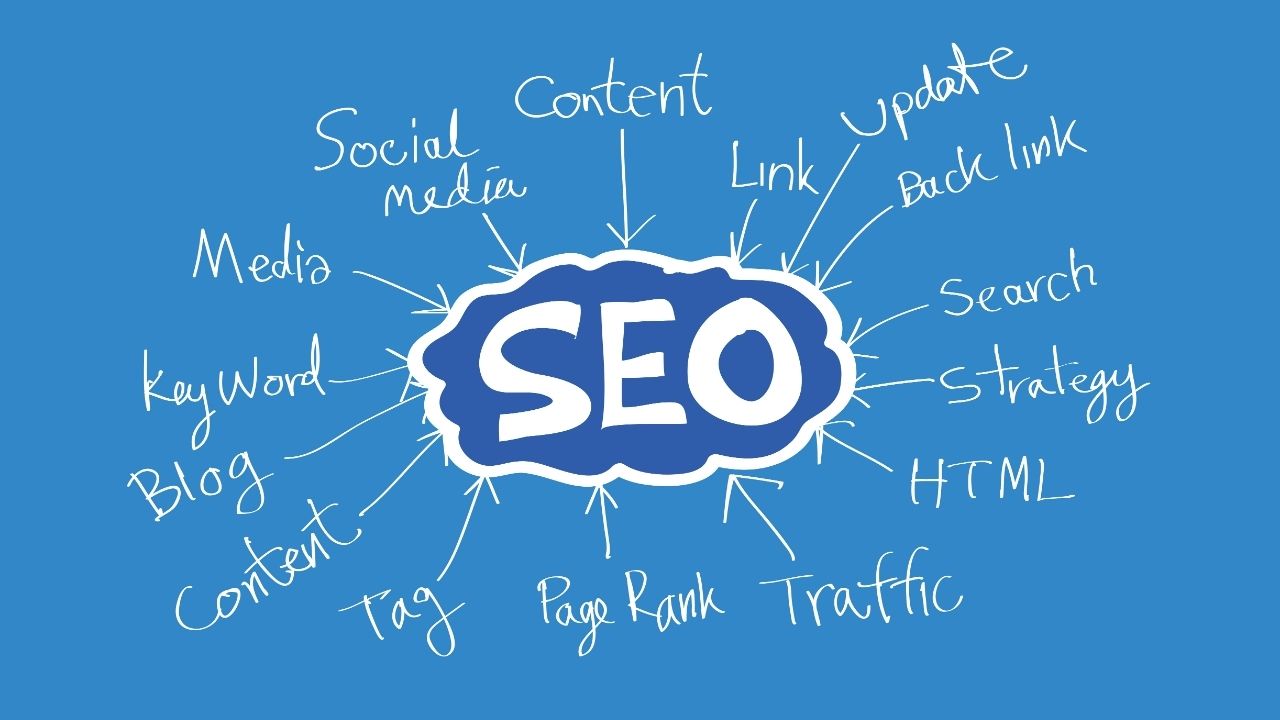The Main Principles Of Linkdaddy
The Main Principles Of Linkdaddy
Blog Article
The smart Trick of Linkdaddy That Nobody is Talking About
Table of ContentsNot known Details About Linkdaddy What Does Linkdaddy Do?Some Known Details About Linkdaddy Some Known Factual Statements About Linkdaddy Some Known Factual Statements About Linkdaddy
In December 2019, Google began upgrading the User-Agent string of their crawler to reflect the most recent Chrome version used by their rendering solution. The delay was to allow web designers time to upgrade their code that replied to certain robot User-Agent strings. Google ran assessments and felt positive the effect would be minor.The robots.txt data is after that parsed and will advise the robot as to which web pages are not to be crawled.
Pages generally protected against from being crawled consist of login-specific pages such as buying carts and user-specific web content such as search engine result from internal searches. In March 2007, Google cautioned web designers that they need to protect against indexing of internal search outcomes because those web pages are taken into consideration search spam. In 2020, Google sunsetted the criterion (and open-sourced their code) and currently treats it as a hint not a directive.
Page style makes customers trust a site and want to remain when they locate it. When individuals bounce off a site, it counts against the website and influences its credibility.
More About Linkdaddy
White hats often tend to produce results that last a long period of time, whereas black hats expect that their websites might become prohibited either briefly or completely as soon as the online search engine uncover what they are doing. A search engine optimization strategy is thought about a white hat if it adapts to the internet search engine' standards and includes no deceptiveness.
White hat search engine optimization is not nearly complying with guidelines but is about making certain that the web content an online search engine indexes and subsequently places coincides web content an individual will certainly see. White hat advice is usually summed up as developing content for individuals, not for search engines, and then making that content conveniently accessible to the on the internet "spider" algorithms, instead than trying to fool the formula from its desired objective.
Black hat SEO attempts to improve positions in methods that are by the search engines or include deceptiveness. One black hat technique utilizes covert message, either as message colored similar to the background, in an unseen div, or positioned off-screen. One more technique provides a different web page depending on whether the page is being requested by a human site visitor or an internet search engine, a strategy called cloaking.
9 Easy Facts About Linkdaddy Shown
This remains in between the black hat and white hat techniques, where the methods investigate this site utilized stay clear of the site being penalized however do not act in producing the most effective content for users. Grey hat search engine optimization is completely concentrated on enhancing online search engine rankings. LinkDaddy. Look engines might punish sites they find using black or grey hat approaches, either by lowering their positions or removing their listings from their data sources completely
Its difference from SEO is most just portrayed as the difference between paid and unsettled top priority ranking in search results page. SEM concentrates on importance more so than significance; site developers ought to relate to SEM with the utmost importance with consideration to exposure as a lot of navigate to the key listings of their search.

The search engines' market shares vary from market to market, as does competitors. In markets outside the United States, Google's share is typically bigger, and Google continues to be the dominant search engine worldwide as of 2007. As of 2006, Google had an 8590% market share in Germany (LinkDaddy).
Our Linkdaddy Diaries

SearchKing's insurance claim was that Google's methods to stop spamdexing constituted a tortious disturbance with contractual relationships. On May 27, 2003, the court provided Google's activity to reject the complaint because SearchKing "fell short to mention an insurance claim whereupon relief may be provided." In March 2006, KinderStart filed a suit versus Google over online search engine positions.
Journal of the American Culture for Information Sciences and Modern Technology. 63( 7 ), 1426 1441. (PDF) from the original on May 8, 2007.
March 12, 2007. Archived from the original on October 9, 2020. Recovered October 7, 2020. Danny Sullivan (June 14, 2004). "Who Created the Term "Browse Engine Optimization"?". Look Engine Enjoy. Archived from the initial on April 23, 2010. Obtained May 14, 2007. See Google groups string Archived June 17, 2013, at the Wayback Machine.
The Definitive Guide to Linkdaddy
189211, November 17, 2020, doi:10.1142/ 9789811225017_0009, ISBN 978-981-12-2500-0, S2CID 243130517, archived from the initial on August 14, 2022, obtained September 20, 2021 Pringle, G., Allison, L., and Dowe, D. (April 1998). "What is a tall poppy among internet pages?". Proc. 7th Int. Globe Wide Internet Seminar. Archived from the initial on April 27, 2007."Sending To Directories: Yahoo & The Open Directory site". Look Engine Enjoy. March 12, 2007. Archived from the original on May 19, 2007. Retrieved May 15, 2007. "What is a Sitemap data and why should I have one?". Archived from the original on July 1, 2007. Obtained March 19, 2007. "Search Console - Crawl Link".
Report this page